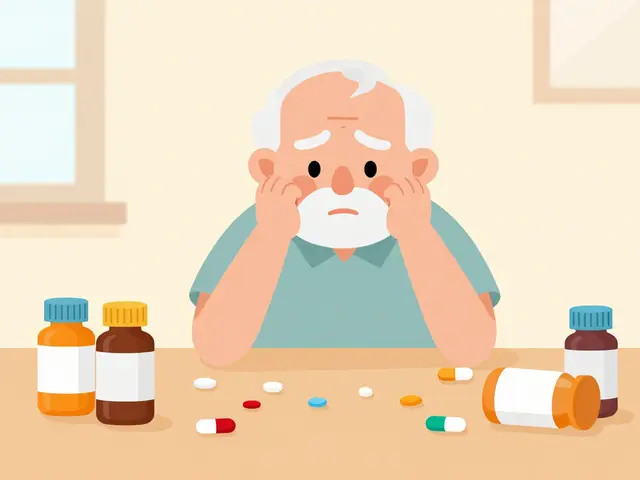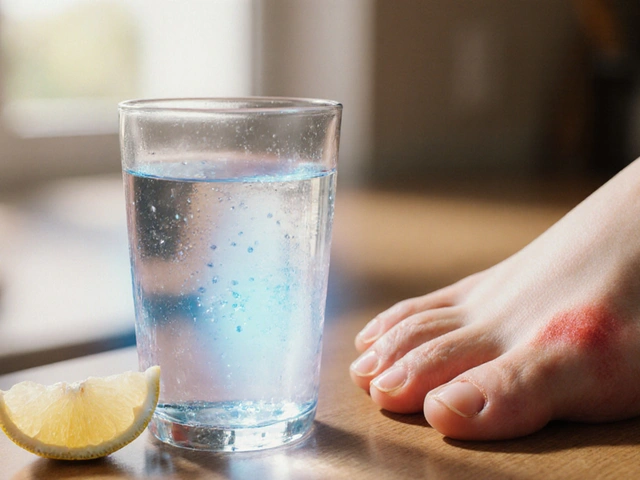Insomnia remedy: simple fixes that actually help
Missing sleep wrecks your day. If you need an insomnia remedy that works, focus on concrete steps you can try tonight. This page gives short, practical tips you can use without buying fancy gear or chasing hype.
Start with your bedroom. Make the room cool, dark, and quiet. Use blackout curtains, turn off gadgets, and keep the temperature around 18–20°C (64–68°F). Remove bright clocks and notifications — even small lights and pings can stop you from falling asleep.
Quick remedies you can try tonight
Set a wind-down routine. Do the same calming things every night for 30–60 minutes: dim lights, read a paper book, or do light stretching. Avoid screens because blue light tricks your brain into staying awake.
Try breathing or body-scan exercises. Breathe slowly for four counts in, four counts out, and focus on relaxing each muscle from your toes up. Many people fall asleep faster after five to ten minutes of steady breathing.
Limit caffeine and heavy meals late in the day. Stop coffee and strong tea by mid-afternoon. If you need a snack before bed, pick something light like a banana or a small bowl of oats.
Watch evening alcohol. A drink might seem to help you fall asleep but it fragments sleep later. If you drink, keep it small and not too close to bedtime.
Daily habits that fix sleep over time
Keep a consistent wake-up time, even on weekends. Regular wake time trains your circadian rhythm and makes it easier to fall asleep. Aim for a sleep window that gives you 7–9 hours based on how you feel during the day.
Get daylight exposure early. Spend 15–30 minutes outside in the morning light. That simple step resets your internal clock and improves sleep quality at night.
Move daily but not right before bed. Moderate daytime exercise helps sleep. Try to finish vigorous workouts at least two hours before bedtime so your body can cool down.
Consider short-term aids only when you need them. Over-the-counter options like melatonin can help some people for short periods. Prescription sleep meds may be necessary for severe cases, but they come with risks—talk to a doctor before using them regularly.
When sleep problems last more than a few weeks or affect daily life, see a professional. A sleep specialist can check for conditions like sleep apnea or restless legs that need specific treatment. Cognitive behavioral therapy for insomnia (CBT-I) is a top, long-term solution and works better than pills for many people.
Try changes one at a time and track what helps. Keep a simple sleep log for two weeks: bed time, wake time, coffee, alcohol, and how you felt in the morning. That record makes it easier to spot patterns and discuss options with a clinician.
Small, consistent changes beat quick fixes. Start with the bedroom and your evening routine, then add daylight and steady wake times. If those fail, get professional help—sleep matters, and the right insomnia remedy changes everything.

Doxylamine for Sleep: Does It Really Help You Recover from Sleep Deprivation?
Struggling with sleep debt and thinking about doxylamine? This article uncovers whether this common over-the-counter sleep aid actually helps you catch up on lost rest. We dig into how doxylamine works, what you need to watch out for, and whether it's a real solution for sleep deprivation. You'll get practical tips, straight-up facts, and a dose of New Zealand perspective on rest and recovery. Dive in for the truth about doxylamine and sleep.
View More




